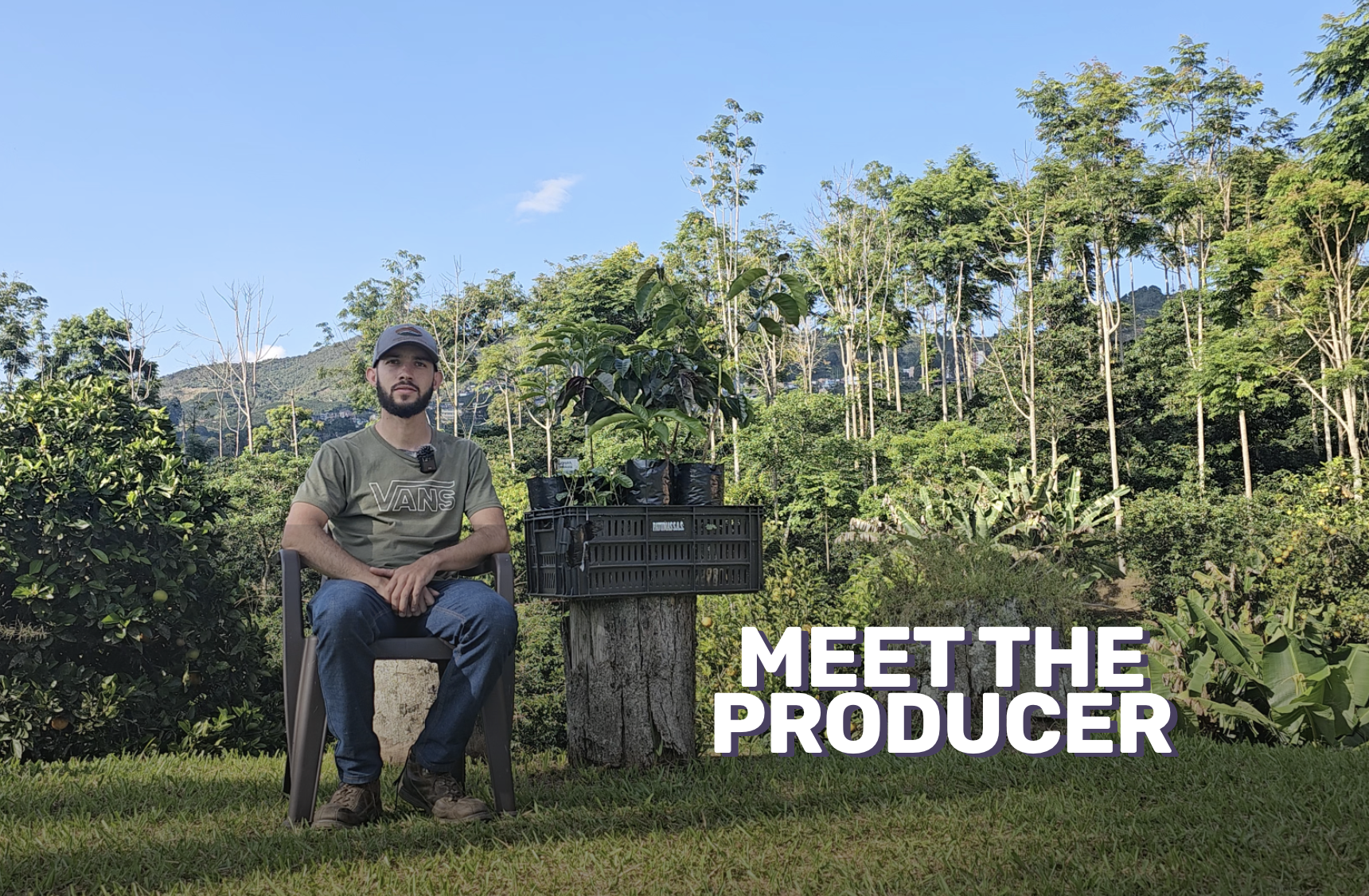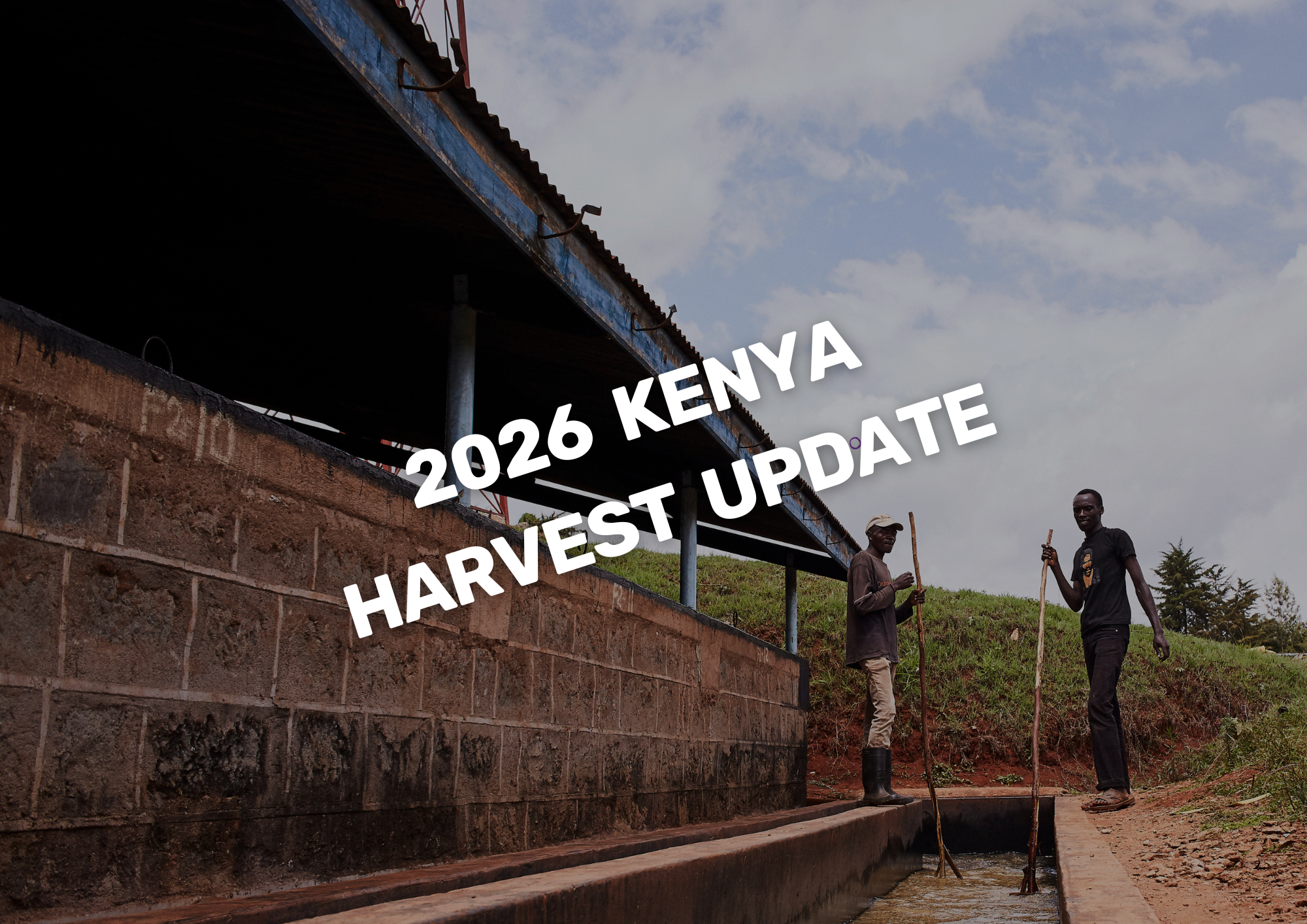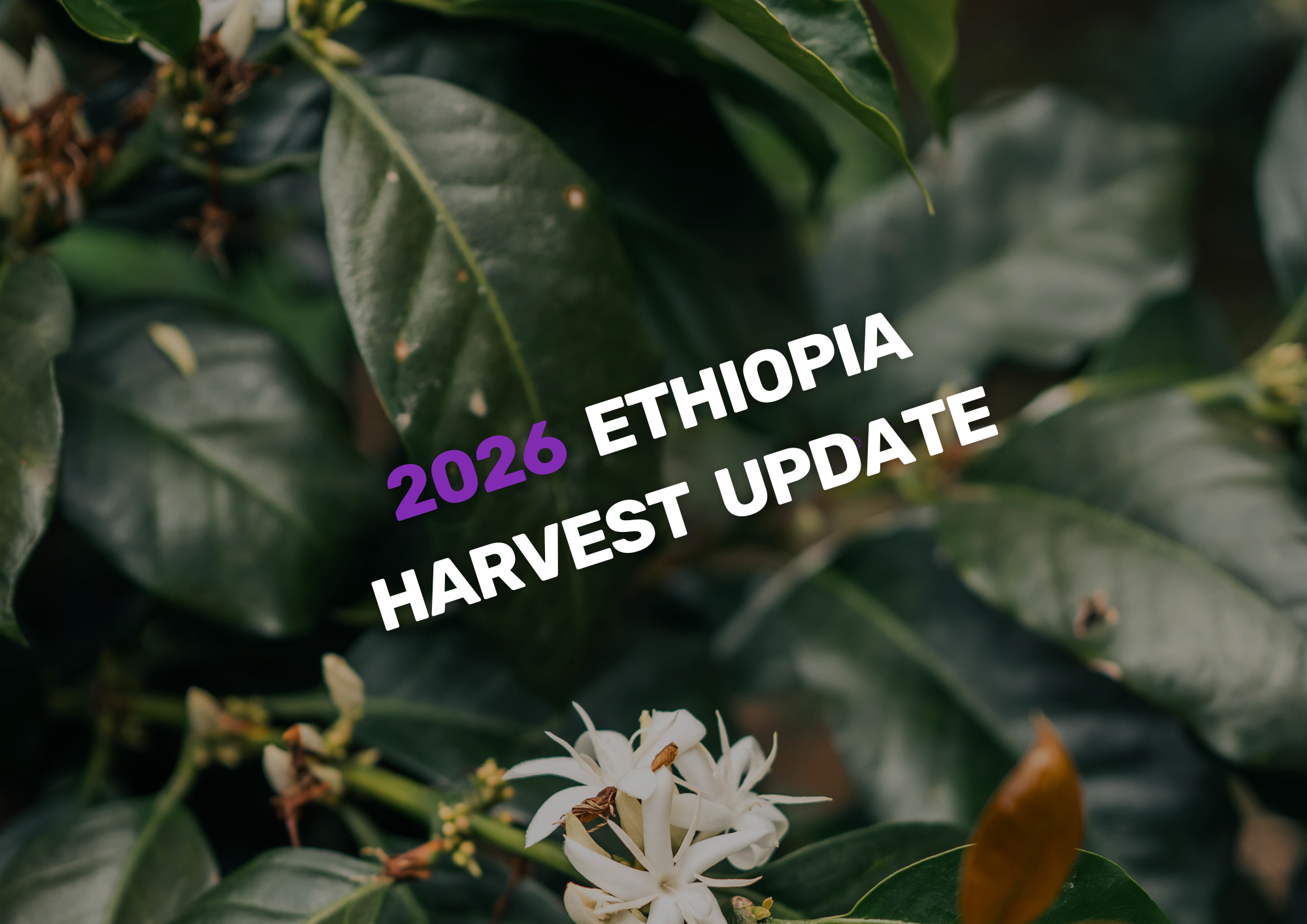Caballero coffees are a familiar name for many — known for their sweet, fruity, and well-balanced profiles with great clarity. Behind these coffees are Marysabel Caballero and Moises Herrera, a husband-and-wife team who’ve been managing over 200 hectares of coffee farms in Honduras since 2012. As second and third-generation coffee farmers, their dedication to quality runs deep, and they’ve become our longest-standing partners in the country.
With farms located between 1400 and 1600 masl across different geographic zones, the Caballeros produce coffees that reflect the influence of diverse climates and conditions. Most of their farms grow Catuai, but they also cultivate Java, Pacamara, and Geisha varieties. The landscape varies from flat plateaus to steep hillsides, with some areas shaded and others exposed to full sun. The climate is typically wet and windy, and the soil is clay-like, conditions that contribute to the profiles their specialty coffees are known for.
Processing
For their washed lots, local pickers are trained to harvest only the ripest cherries, separating them from underripe or damaged ones during picking. After de-pulping, the mucilage is removed using a Penagos eco-pulper, and the parchment coffee is fermented for approximately 12 hours. Following fermentation, the beans are washed using African-style washing channels, which help separate lower-quality floaters from denser beans. The coffee is then soaked for about 12 hours in clean water before being dried on patios, raised beds, or shaded beds for 11 to 20 days, depending on the weather.
For their natural lots, ripe cherries are spread thinly on covered, raised beds. The thickness of the layers is gradually increased as drying progresses. This process can take between 20 and 40 days, depending on ambient temperature and weather conditions.

Why their coffees stand out year after year
In recent years, Marysabel and Moises have continued to invest in their operations to support quality and consistency. They’ve added an Apollo huller and a Pinhalense dryer to their facilities, and one of their biggest strengths is having full ownership of the dry milling process. From coffee picking to final preparation for coffee export, they keep everything in-house, giving them full control over every step.
Their dedication hasn’t gone unnoticed. The Caballeros took third place in the SCAA “Coffee of the Year” competition in 2010 and have consistently placed well in the Cup of Excellence. While both Marysabel and Moises are hands-on throughout the process, the coffees are typically named after Marysabel, something Moises is always quick to celebrate.
We’ve been sourcing coffee from Marysabel and Moises since 2012, and over the years they’ve become key partners in our work in Honduras. Want to learn more about how we source coffee in the region? Read more here.







